Description
Corylus americana
A stately, multi-stemmed, thicket-forming tall shrub up to 8-12 ft. tall x wide that is native to much of the Eastern US and Canada. Lots of small edible hazelnuts for you and the critters to enjoy in fall, and very attractive red-purple fall color.
Food uses
Produces lots of delicious, true hazelnuts that ripen in September or October. Requires two or more individual plants for pollination. Bring them in to finish ripening when the nut hull is brown but the leaves surrounding it are still green. Nuts are on the smaller side compared to commercial European filberts, but the American hazelnut is better adapted to local soils and conditions, is more disease resistant, lower maintenance, and ecologically important. We think that makes them all the more delicious.
American hazelnut is one of many wild native food plants that have sustained humans throughout the history of this continent, and only fell out of favor due to the introduction of higher-yielding European cultivars grown in monoculture orchards. Its habitat of woodland edges, harsh prairies and open meadows is steadily disappearing, and with that habitat loss, many wonderful native food plants like hazelnuts, plums, pawpaws, and wild cherries are under threat.
Recently, due to increasing awareness of the benefits of native species and of polyculture/forest agriculture, there have been exciting renewed efforts to select native fruit and nut trees for desirable food qualities instead of just importing cultivars from elsewhere.
Wildlife uses
Though it is wind-pollinated and not a nectar source for pollinators, American hazelnut is a friend to nearly every wildlife and game species in some way. The nuts are a favorite food for chipmunks and squirrels, jays, deer, bears, turkey, and ground birds like grouse and pheasant. The leaves are a favorite deer browse, and its foliage and thicket-forming nature make it a great shelter and habitat for all kinds of wildlife.
In fact, you may want to net the bushes you intend for human use – it can be a race to harvest the nuts before the critters do.
Landscape uses
American hazelnut does just fine in poor or heavy soils, as a woodland border or understory in partial or light shade, or out in the open. They make a fantastic windbreak when planted closely in a row or mass, or a beautiful hedge along a garden border.
Mature hazelnut wood is very strong and is beloved for making tool handles or coppicing for high quality firewood. Long, young branches can be used for baskets or woven fencing.
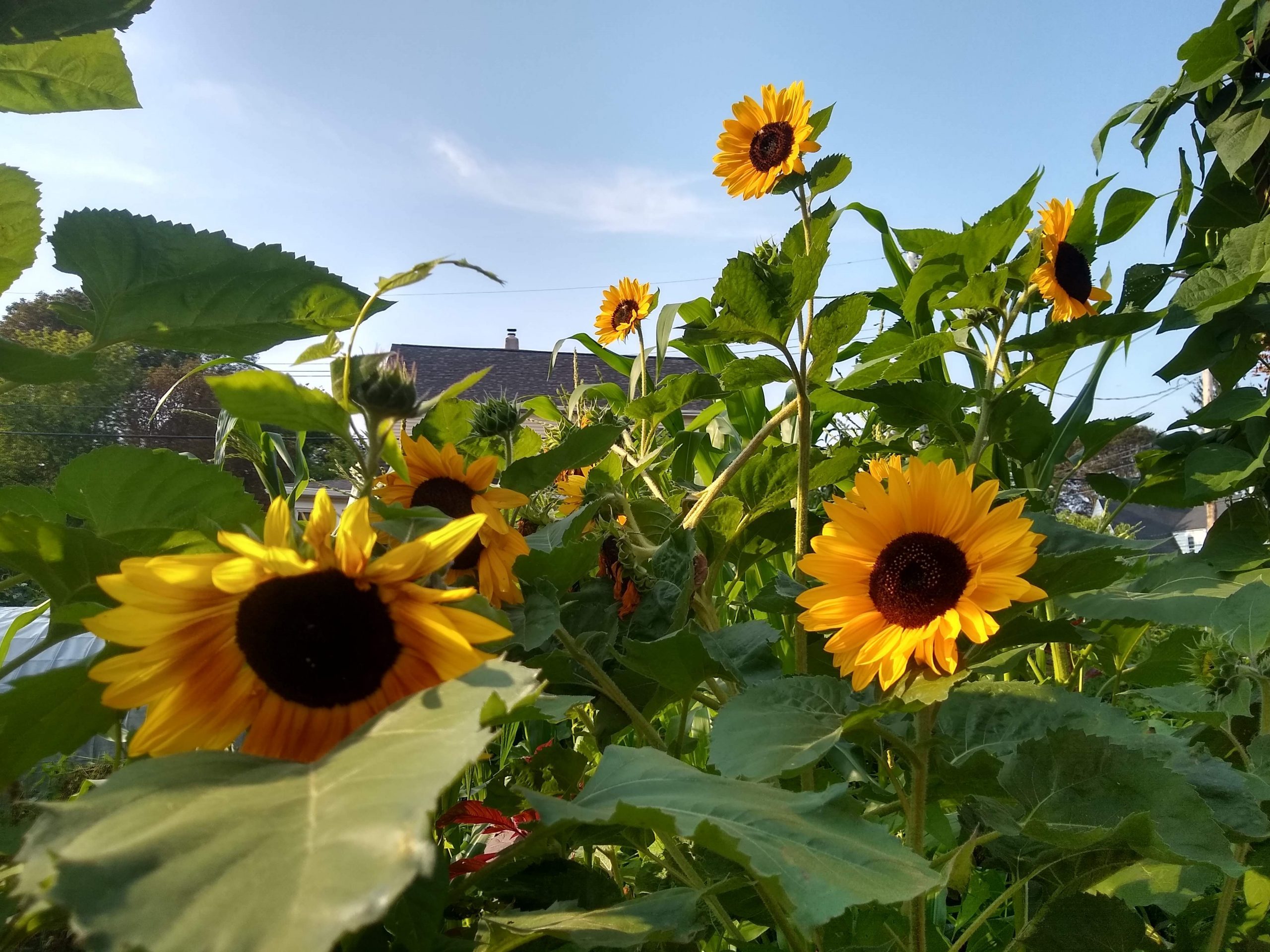
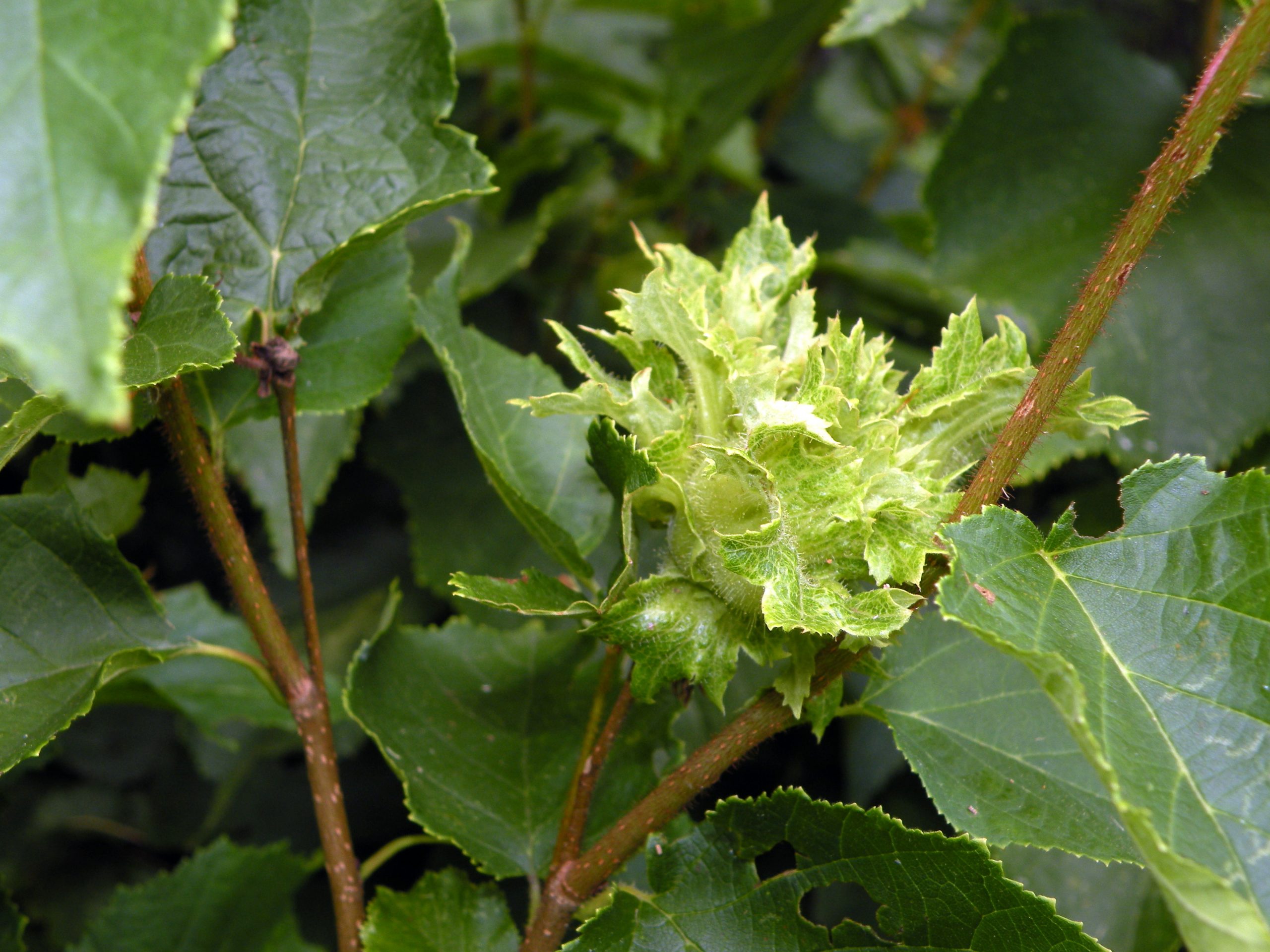
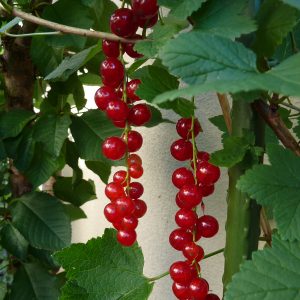
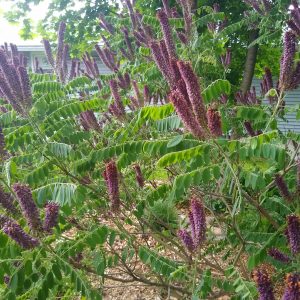
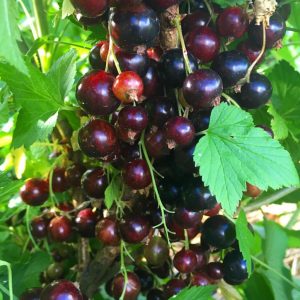
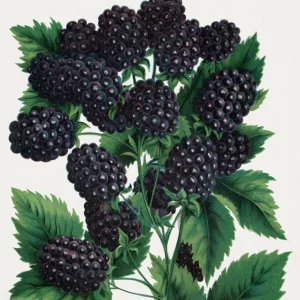
Reviews
There are no reviews yet.